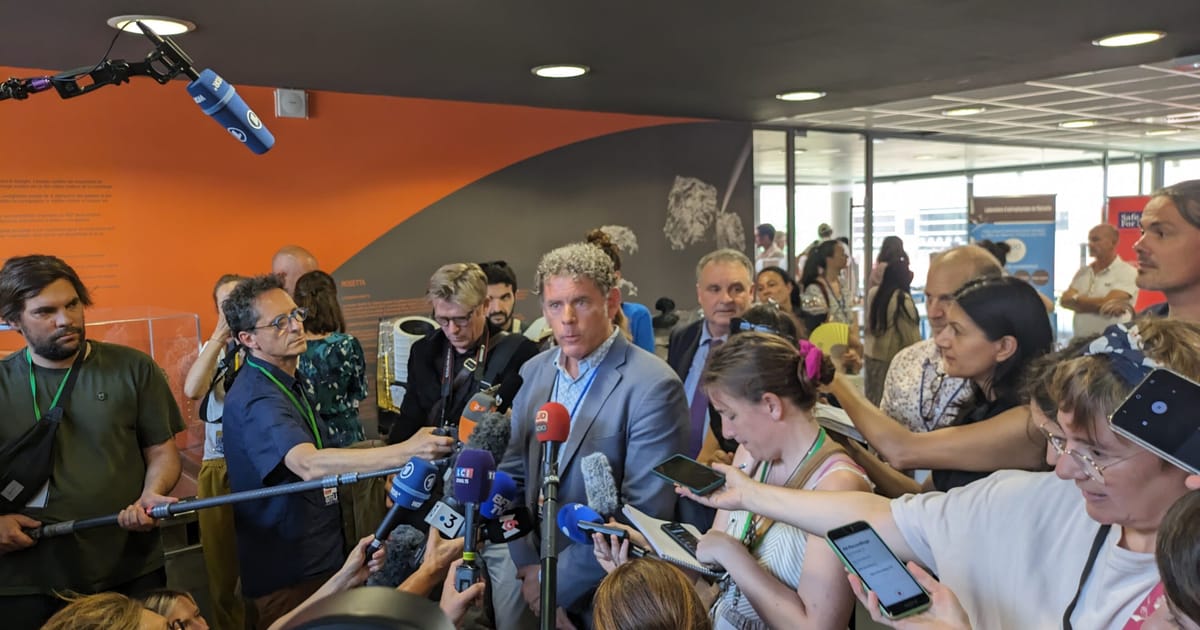

In a world that is continually advancing and evolving, the fields of science and technology are leading the charge, offering new opportunities and novel experiences. Recent developments showcase an era of transformation, from academic migrations to robotics and artificial intelligence.
Embracing New Horizons in Academia
In response to a shifting political climate in the United States, Aix-Marseille University in France is extending a welcoming hand to researchers seeking a nurturing environment for their work. Referred to as “scientific refugees,” these academics are choosing to relocate in light of perceived challenges under the current US administration. Aix-Marseille University is actively supporting these researchers, providing them with the resources and encouragement needed to pursue their scientific endeavors in a more supportive landscape. This move not only broadens the global academic community but also strengthens collaborative efforts in addressing complex scientific questions.
The Rise of Robot Athletes
In an exciting leap for artificial intelligence and robotics, China recently hosted its first fully autonomous AI robot football match. The event, which took place in Beijing, featured humanoid robots competing in three-a-side games. Although these AI-powered robots experienced challenges on the field, such as difficulty in maintaining balance and controlling the ball, their participation marks a significant milestone. It highlights the potential for AI in sports and other areas where autonomous devices may someday outperform human capabilities. As technology progresses, the role of robotic competitors in athletics might serve as supplementary to human athletes, offering new insights and entertainment possibilities.
Artificial Intelligence Leading Healthcare Innovation
In the realm of healthcare, Microsoft has announced a groundbreaking development in artificial intelligence that holds the promise of surpassing human doctors in diagnosing complex illnesses. As articulated by Mustafa Suleyman, the expectation is to achieve systems that demonstrate near-perfect accuracy within the next five to ten years. This advancement in AI diagnostic technology has the potential to significantly enhance patient care, allowing for quicker and more accurate assessments of medical conditions. Such technology can support doctors in their decision-making processes and improve overall healthcare outcomes, showcasing the harmonious relationship between human expertise and technological aid.
These advancements across various fields illustrate a future where science and technology intersect to create opportunities for growth and enhancement. By fostering international collaboration, embracing AI innovations, and advancing healthcare diagnostics, the path forward is bright with potential. As these elements develop, they promise to contribute positively to society, offering new ways to enhance our quality of life and collaborative capabilities. In this era of rapid change, these stories of progress remind us of the benefits of embracing innovation and the endless possibilities that lie ahead.
Source: {link}
